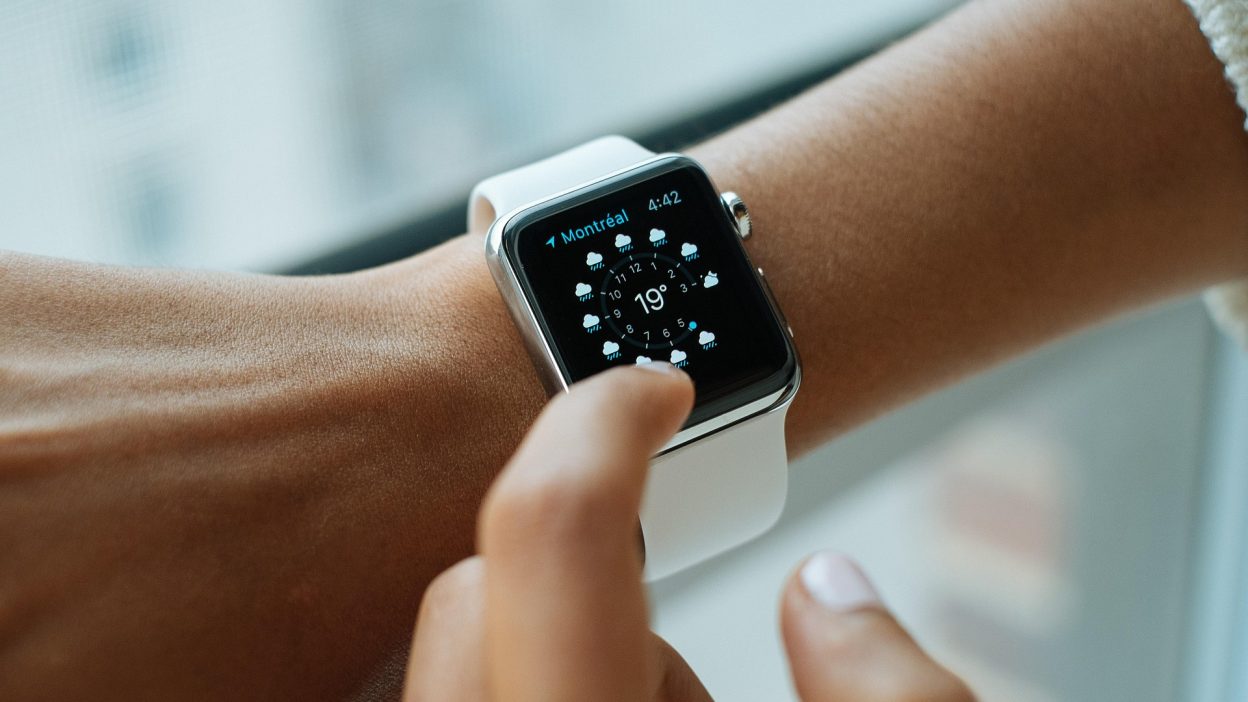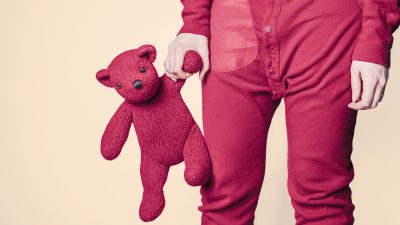Sharing may be caring, but not when it comes to certain personal items.
Sharing is often seen as a thoughtful and generous act, but when it comes to personal hygiene items, it’s best to draw the line. Many of the everyday objects we use come into direct contact with our skin, hair, or body fluids, making them potential carriers of bacteria, viruses, and fungi. While you may think lending these items is harmless, it can actually lead to infections or other health issues. Let’s explore eight personal items you should never share and how to maintain their cleanliness for safe use.
1. Lip Gloss and Lipstick
While lending your lipstick to a friend might seem like a small favour, it can have serious health consequences. Lip products can transmit diseases like herpes, even when the infected person shows no visible symptoms. The virus can live in saliva and mucous membranes, meaning the risk is always present. Unfortunately, herpes has no definitive cure, making prevention crucial. To keep your lip products hygienic, regularly remove the top layer with a clean tissue to prevent bacteria buildup. If you suspect contamination, it’s better to replace the product altogether.
2. Headphones
Many people don’t think twice about sharing their headphones, but it’s a habit that should be avoided. Your ears have their own unique bacterial flora, and sharing earbuds can disrupt this balance, potentially causing ear infections. Sweat, earwax, and bacteria can accumulate on headphones, making them unhygienic over time. To keep your headphones clean, wipe them with a cotton swab dipped in hydrogen peroxide and disinfect removable pads with an alcohol solution. Regular cleaning, especially with frequent use, is essential to avoid bacterial buildup.
3. Hair Accessories
Sharing hair accessories like combs, curlers, and scrunchies might seem harmless, but it can lead to the spread of lice and fungal infections. Any item that comes into contact with your scalp should remain personal. To maintain hygiene, wash fabric accessories like scrunchies every couple of weeks, depending on how often you use them. Metal and plastic items such as hair clips and curlers can be rinsed with soapy water and dried thoroughly to prevent bacterial or fungal growth.
4. Deodorants
Even deodorants with antibacterial properties are not immune to contamination. When deodorant applicators come into contact with your skin, they can pick up bacteria and transfer it to someone else if shared. This bacteria is often what causes the unpleasant smell of sweat in the first place. To minimise risks, always apply deodorant on clean skin right after showering. Stick to your personal deodorant and wipe the surface clean if you suspect it has been exposed to germs.
5. Towels
Towels are one of the most commonly shared household items, but they shouldn’t be. Their primary function is to absorb moisture, which creates an ideal breeding ground for bacteria, mould, and fungi—especially in a damp bathroom environment. Sharing towels increases the risk of skin infections and fungal conditions. Experts recommend changing towels every three to four days and drying them in a well-ventilated area, such as on a balcony. Make sure to wash towels thoroughly and avoid leaving them damp after use.
6. Manicure and Cosmetic Tools
Items like nail clippers, tweezers, razors, and epilators may seem harmless to share, but they often carry microscopic traces of blood or skin cells that can harbour bacteria and viruses. Sharing these tools significantly increases the risk of fungal infections or even blood-borne diseases. To keep your tools safe, always disinfect them with alcohol after each use. Avoid sharing them altogether and store them in a clean, dry place to prevent contamination.
7. Skincare Accessories
Facial cleansing brushes, sponges, and massage rollers are great for maintaining healthy skin but can become a breeding ground for bacteria if not cleaned properly. These accessories accumulate dead skin cells and dirt over time, which can lead to acne or irritation when reused. To keep them hygienic, wash them with soapy water after each use and replace them every two to three months. This ensures that your skincare routine remains effective and safe.
8. Indoor Shoes and Slippers
It’s common to offer guests a pair of slippers when they visit, but this habit can spread bacteria and fungi. Feet naturally sweat, and wearing slippers on damp feet creates the perfect environment for fungal infections. If you frequently have visitors, consider keeping separate pairs of guest slippers that are washed or disinfected after use. Regularly treat the inside of your own slippers with vinegar or a disinfectant, and replace them every six months for optimal hygiene.




